If you’re reading this – it’s likely you’re thinking ‘I hate having my photo taken’. Being photographed can be a cause of distress, insecurity and internalised shame.
Some people love being in front of the camera. It comes naturally to them – they are able to be confident, happy and content.
Insecurity has the power to steal this from you, to rob you of this documenting of beautiful periods of life.
Ultimately, the more you avoid being photographed, the more you avoid capturing memories that your future self would love to reflect on. Family celebrations, spending time with friends, even just photos of yourself are all sources of memories and experiences to look back on as your future self.
I Understand – You Aren’t Alone
For years, I did hate having my photo taken. I hid from family pictures, scrutinised myself in photos with friends. I would always feel some sense of shame about the way I looked.
There are years of my life that are blank as a result. Periods I want to remember, that I want to celebrate – but these days, these months, these years are missing from my life. Photos of smiles with people I love are absent.
With time and exposure, I acknowledged the fact that I am worth more than the body I am in. I am worth more than the face I have, and my appearance I so desperately despised.
This took time, thought challenging and honestly, therapy. I wanted to be present and be a part of the photos my mum had printed and put up on the wall. As much as I did hate having my photo taken, I didn’t want to be the person hiding from the camera.
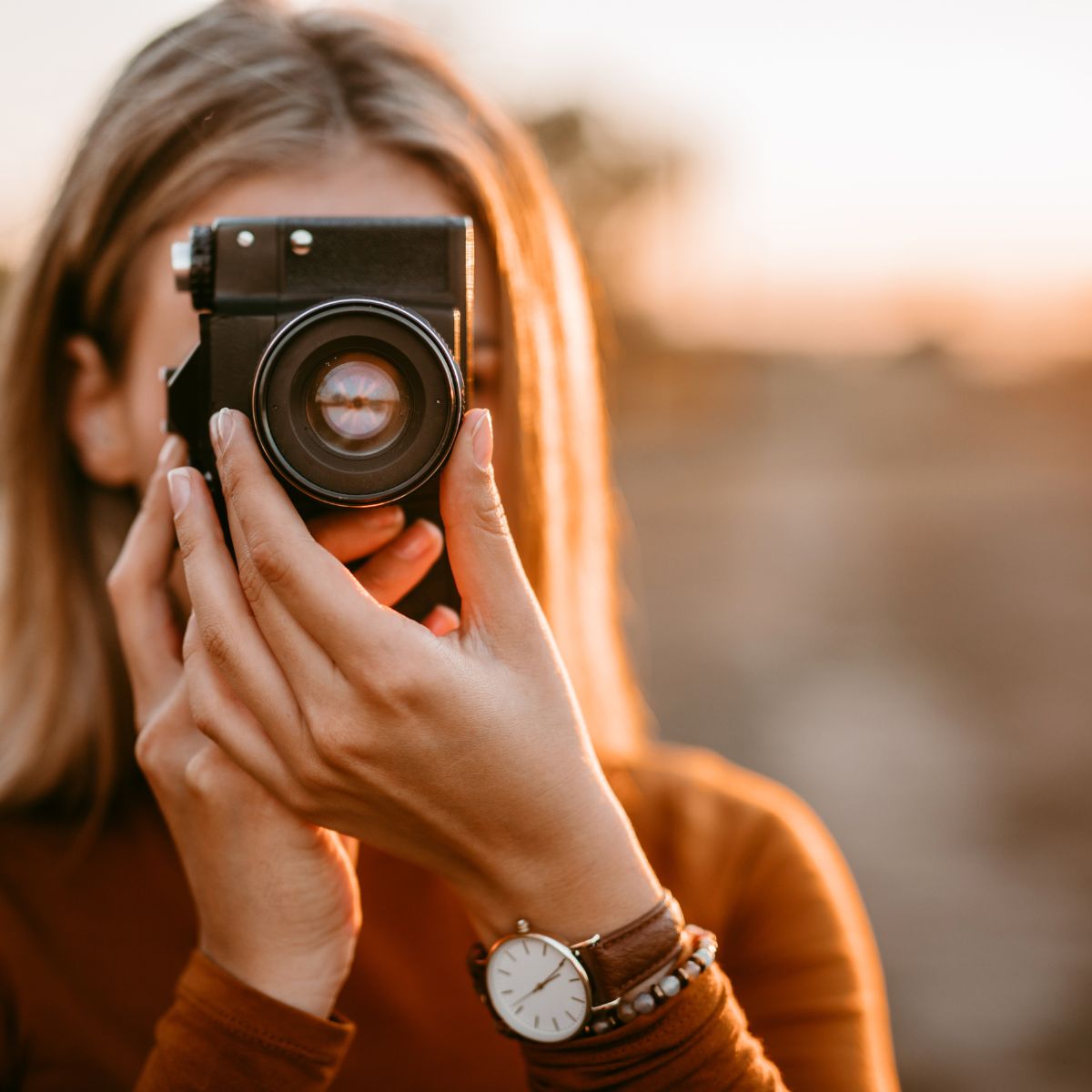
‘But I’m Not Photogenic’
Honestly, no one looks great in photos 100% of the time. This is part of being human.
A photo might be taken from an angle you don’t see in the mirror – an angle you aren’t used to, or aren’t comfortable with.
But – no one actually cares.
Not one person in your life would look at a photo and think you look ‘bad, awkward, ugly’.
Telling yourself ‘I am not photogenic’ or ‘I look bad in photos’ is driven by insecurity.
Being ‘photogenic’ does not exist. Cameras, lighting, angles all work together to highlight our biggest insecurities and what we perceive to be ‘flaws’.
Some say this is driven by face memory – with differences in face memory not just for yourself, but also for others (1).
We really do only see ourselves in mirrors on a regular basis. So, when we have our photo taken, we aren’t as familiar with the way our features appear on photos, versus mirrors.
We grow used to the way we look in mirrors or selfies, which are often flipped – when a photo is taken of us, our features look different and unfamiliar. This leads to insecurity about photos being taken of us, and the belief we are unphotogenic.
It’s Clear When You Are Uncomfortable
Hating having your photo taken can be clear in a situation when you need to be photographed – and this isn’t an attempt to invalidate this experience, minimise or lessen the impacts of this anxiety.
Whether this is for a licence ID, a school photo, an obligatory family picture that you can’t quite get out of – insecurity translates. A lack of confidence translates. You may as well have ‘I hate having my photo taken’ stamped across your forehead!
For many, this experience is deeply uncomfortable and anxiety-inducing. This may reflect as a forced, unnatural smile, a sense of discomfort and visible anxiety.
Work towards dismantling this anxiety, to grow comfortable in front of the camera, and truly tell yourself that you have nothing to be anxious about.
This may feel impossible, but the more confident you are, the more truly yourself you will look.
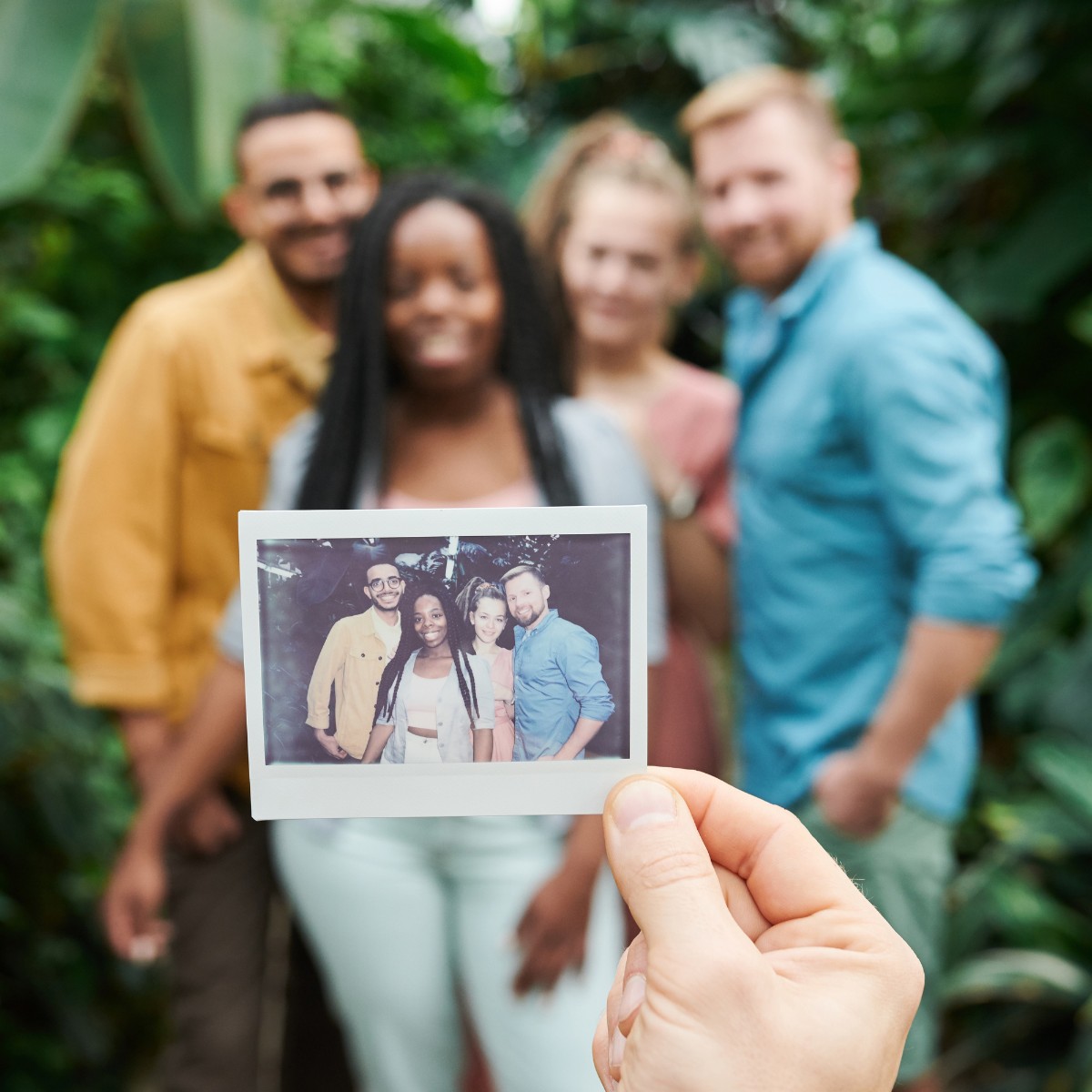
How Do I Become More Comfortable When I Hate Having My Photo Taken?
It isn’t a simple, overnight fix. It’s not something that you can read one blog about and have your entire mindset reframed.
Embracing that hating having my photo taken is hard. It isn’t exactly as easy as just becoming confident, abandoning any and all insecurity. It isn’t as simple as just brushing away your fears and allowing yourself to be in front of the camera.
Yet, there are steps you can take to work towards a place where you aren’t scrutinising every picture taken of you. A place where you are able to be photographed candidly without listening to any self-criticism and judgement. It’s a process of treating yourself with compassion and kindness.
Open the Conversation
Communicating the way you are feeling with a safe person can be a really great step in learning to be comfortable in front of the camera.
Ultimately – the fear of being photographed usually stems from body image related anxiety, a lack of confidence and often body dysmorphia.
Although it isn’t sustainable to purely rely on others for comfort in these feelings, it can help break that initial anxiety.
Being provided with reassurance and validation that the way you are feeling, does not truly reflect how others perceive you. This can help you mend that difficult relationship to yourself and your physical appearance.
Motivation From Within
With time, the motivation and confidence can come from yourself.n my experience, time and thought challenging allowed me to get to a place where I can look at myself in a photo and honestly not really care.
I can identify that sometimes I don’t look my best in a photo. Sometimes my hair looks weird, I see an angle of my body that makes me insecure, I judge the way my face looks, and the way I am smiling.
But, now I can live with this. I can laugh at an unflattering angle, accepting that this is life, and feeding my insecurities with avoidance just creates an unhealthy relationship to self.
Bite the Bullet – Push Yourself
Something I told myself a lot, through eating disorder recovery and overall life in general – feel the fear and do it anyway.
I can accept that I have this fear inside of me. My mind used to tell me that others would see these photos, and think all these awful things about my appearance.
I stopped the avoidance, and embraced the uncomfortable. Slowly but surely – when I felt comfortable to do so.
You will never grow if you remain in your comfort zone – avoidance is never a sustainable method to overcome anxiety. It is important to push yourself, identify this fear, and recognise that it stems from a place that is keeping you suppressed from life.
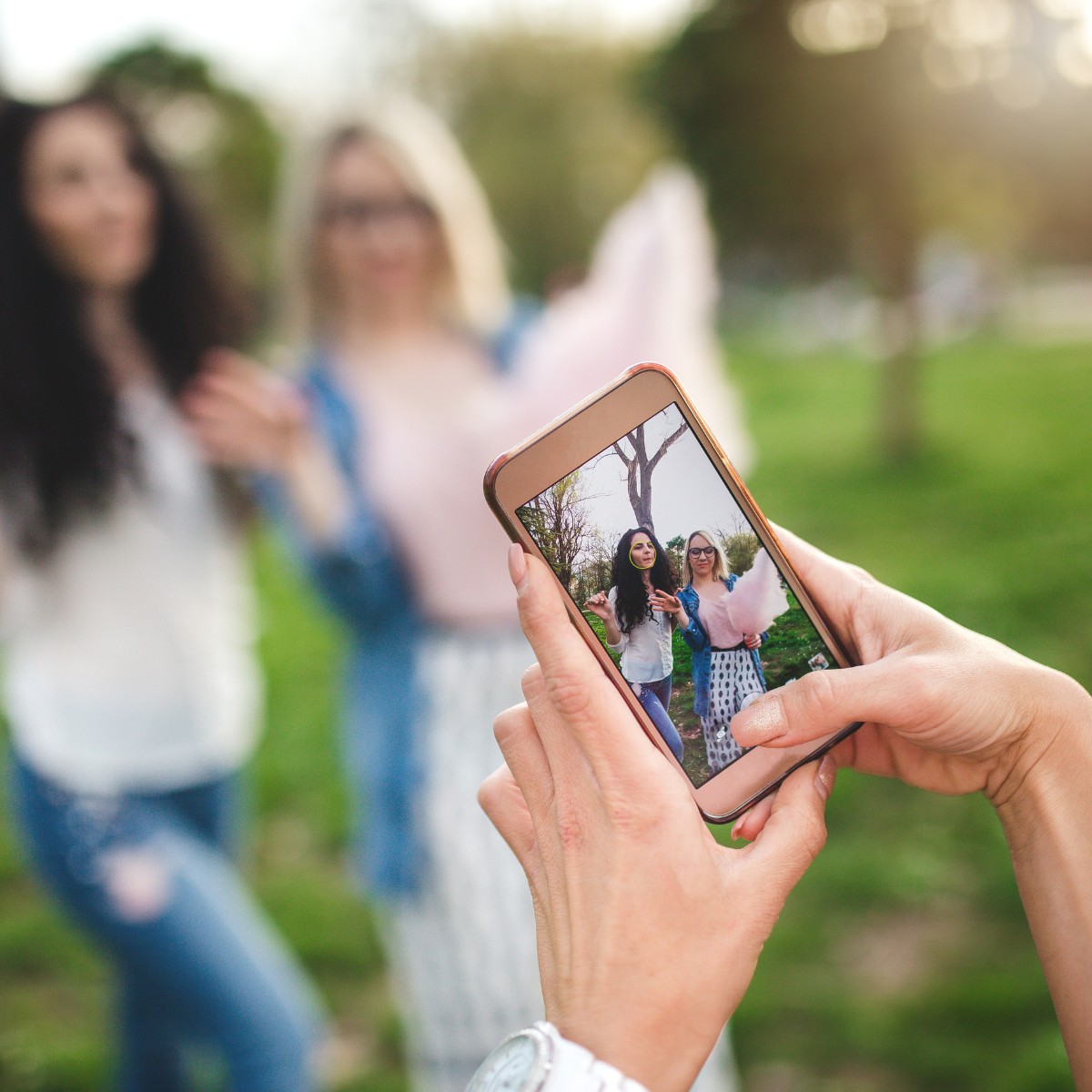
Understand the Confirmation Bias
Educating yourself around the psychology living under your anxiety can be useful in nurturing your relationship to yourself.
Our minds are a powerful place.
The confirmation bias essentially refers to the searching and finding information to justify our beliefs. Looking for information to back up our thoughts and perceptions of self (2).
Insecurity takes this and runs with this.
Information confirming our beliefs can unfortunately give ‘evidence’ to these little niggling thoughts living in the back of our brains.
Our brains go searching to agree with these thoughts, and give them even more power.
Your brain may persistently tells you that you look bad in photos.
Then if you see one photo that may be unflattering, this essentially just giving substance to these thoughts. In an instant – your thoughts are confirmed.
However – identify that this is just in your mind. This isn’t noticed by others – not one person would look at a photo of you and judge the way you appear as a result.
Confirmation bias exists purely within you. It isn’t a bias held by others towards yourself, your body, your appearance.
Understanding that this anxiety – this bias – is a psychological response, is an important step in learning to reframe these thoughts.
Make Peace With Neutrality
You don’t have to love your body, your face, your features.
But you also don’t need to hate them, either.
Neutrality promotes a mindset where you don’t feel good or bad about yourself, just somewhere in the middle. Somewhere where you can understand that this is who you are, this is the home you live in, and live in peace with that.
Practising a mindset where you can view your physical appearance with respect, and with a neutral view can be a powerful tool in rebuilding this relationship to yourself.
Get your copy of my free 3 Steps To Stop Cravings eBook here!
With Time, Exposure & Kindness – You Can Heal
While this doesn’t go away overnight, or disappear after one blog, you can learn to dismantle this internalised shame.
I don’t love the way I look, but I don’t hate it either. Even though I used to hate having my photo taken, I have learned to let photos be taken of me. Sometimes when I am wearing a cool outfit, or just from a certain angle – I like the way I look. I can ask for someone to take photos of my outfit, I can take a picture of myself and think I look good.
I’ve learned to appreciate that I am human, and my relationship with myself can, and will, fluctuate.
I am not exactly rushing to have my photo taken when I don’t feel great – but if my mum asks for a family picture, I will always say yes.
We live in a generation where memories are captured through pictures. Candid moments, graduations, birthdays, spending time with friends and family, parties and dates – all moments that are photographed and kept to document these special moments.
You may not feel comfortable all the time. Remind yourself that your inner critic is the one to blame – not yourself. This anxiety is the product of the high standards you are setting for yourself. Dismantling these standards takes time, exposure and kindness.
Finding Comfort
If you’re always avoiding the camera and thinking ‘I hate having my photo taken’ – you’re not alone. Learn to understand and appreciate that these factors are a part of the human experience. You don’t want to be 80 years old and look back on years that you disappeared from, fuelled by insecurity, your inner critic and anxiety.
Again – your body, your physical being – is the least interesting thing about you.
Don’t shy from the camera. Learn to make peace with the way you appear in photos, and challenge those insecurities you may have.
The goal of constant thought challenging and reframing is to encourage the fostering of this peaceful relationship to yourself.
Make and document memories – if not for your current self, for your future self, and the people you love.
Written by: Student dietitian Tara Finn
Reviewed by: Imbodi dietitian Jade Wrigley
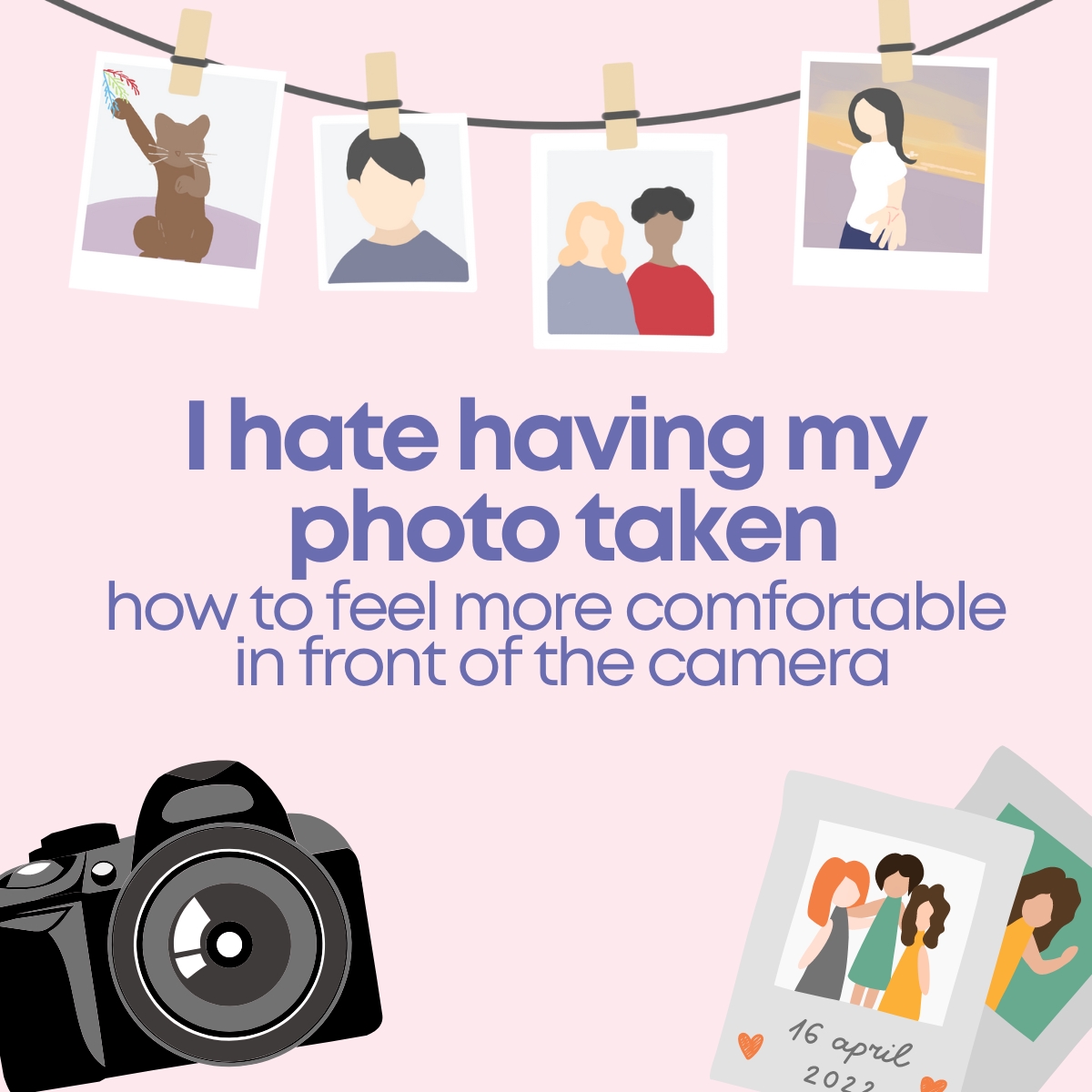
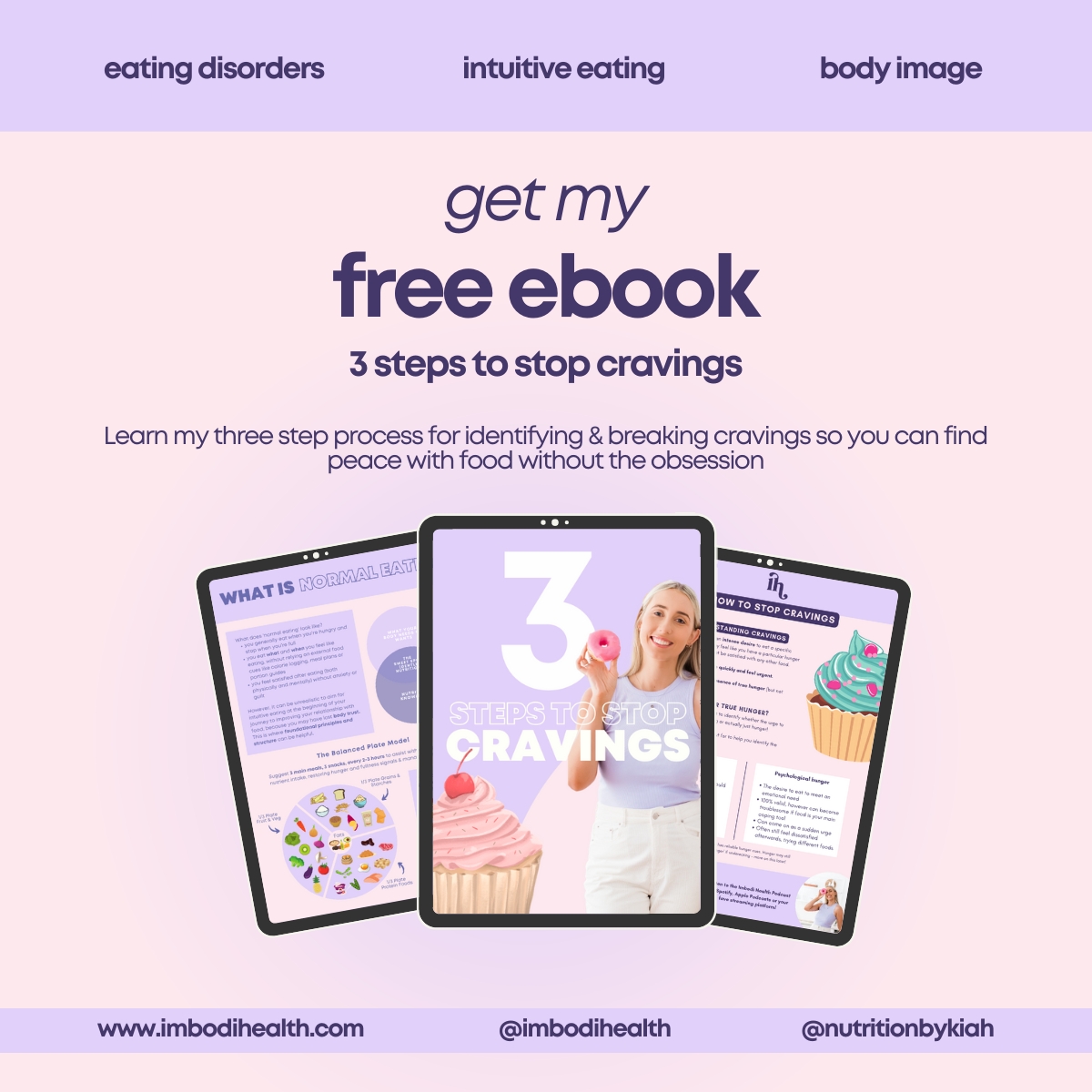
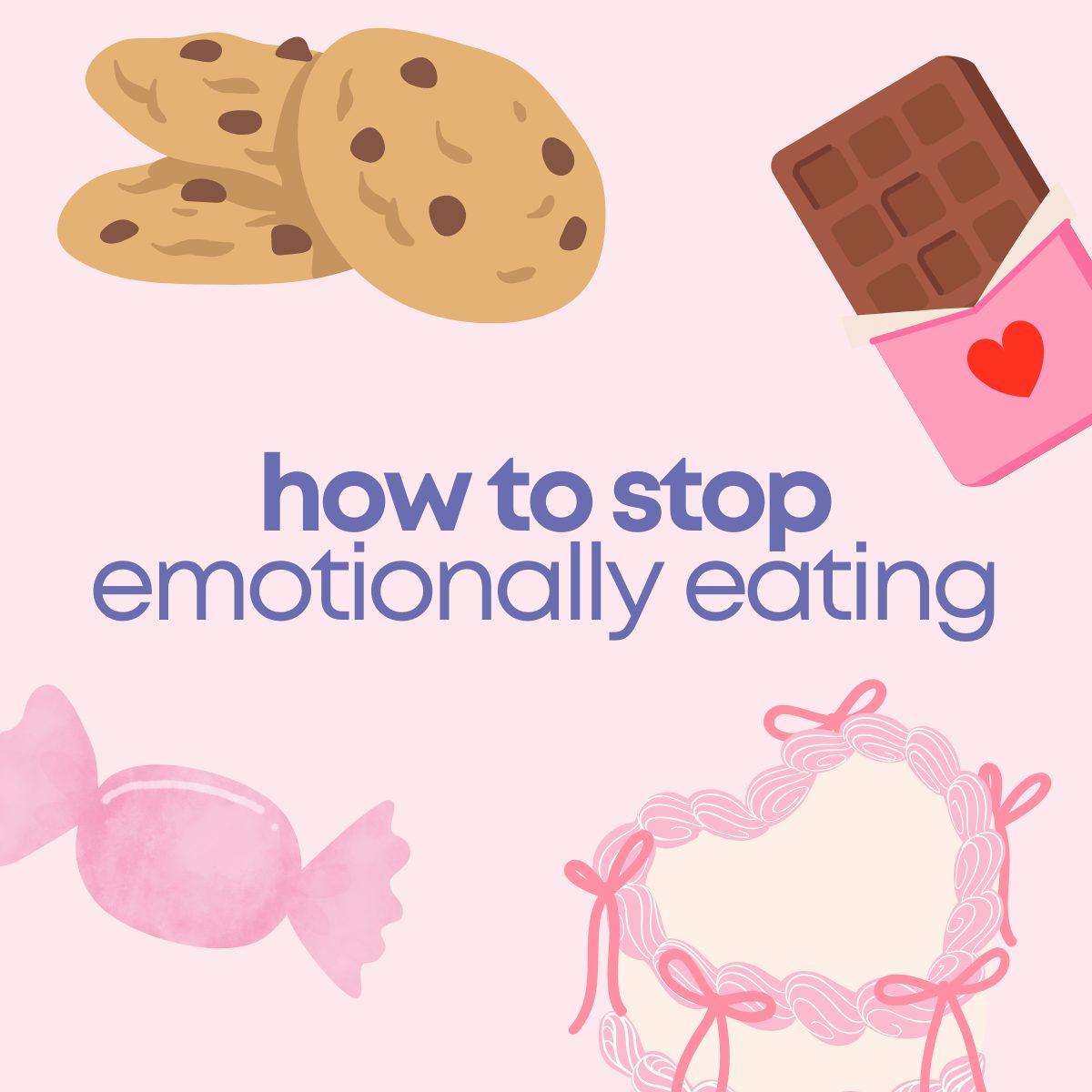
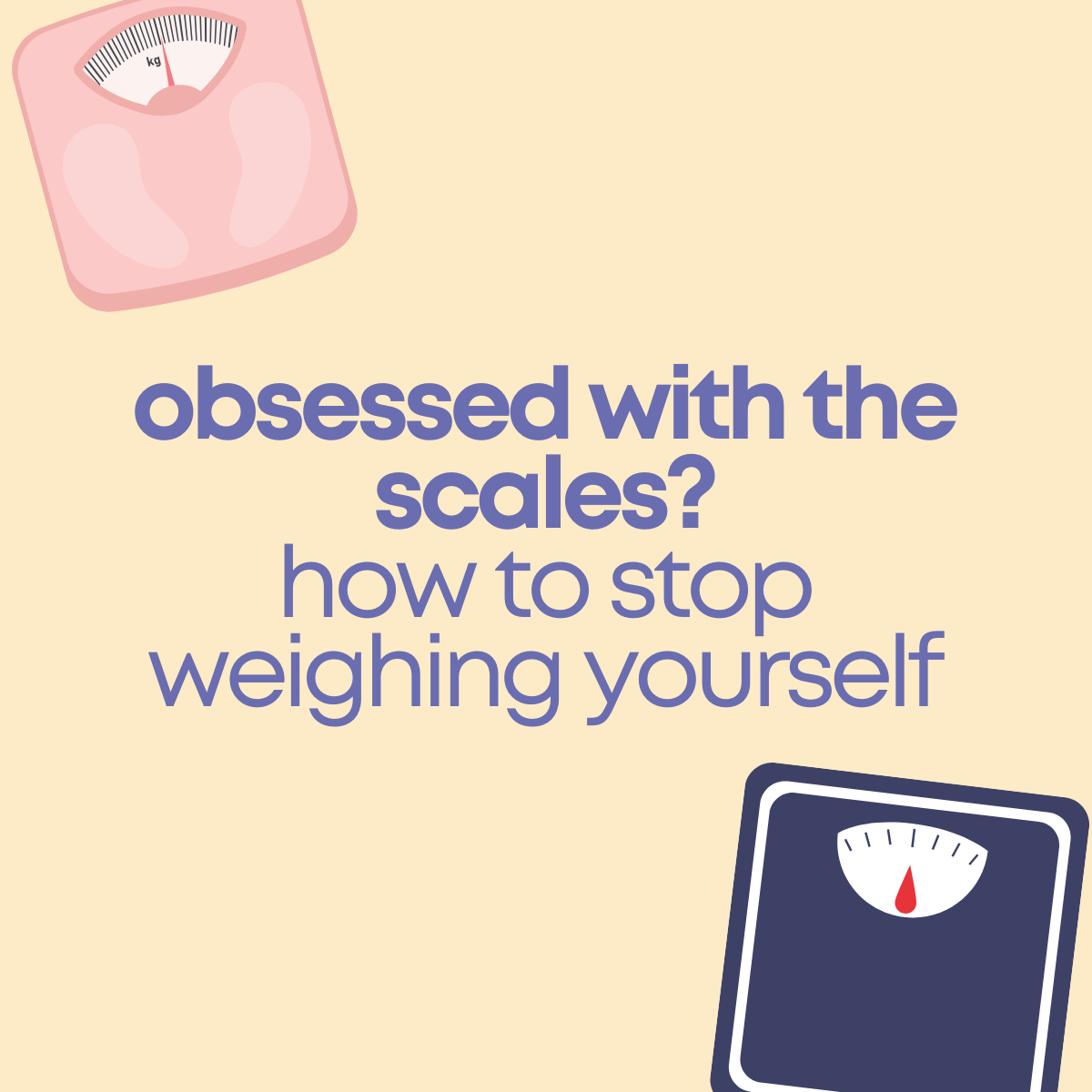

Comments +